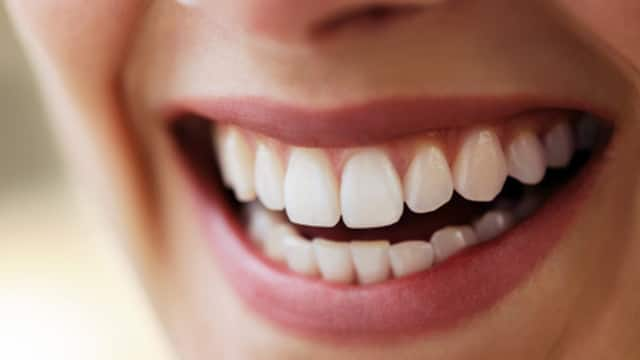-
-

TEETH WHITENING
What Is Stannous Fluoride Toothpaste?Stannous fluoride toothpaste helps prevent cavities, reduce sensitivity, fight plaque, and support daily gum and enamel health.

Selecting Dental Products
Best Toothpaste in India: Five Dentist-Recommended TypesToothpastes today are formulated to meet your every dental need and come in many flavours. Have your dental professional suggest the best toothpaste in India.
-
Science & Innovation
- ORAL HEALTH CHECK
- PRODUCT MATCH
- Colgate® | Toothpaste, Toothbrushes & Oral Care Resources
- Oral Health
- Tooth Sensitivity
- Enamel Erosion And Sensitive Teeth – What Do You Do?


At your recent appointment, you told your dentist you were experiencing tooth sensitivity. Your dentist confirmed that you have enamel erosion, a condition that results when the enamel on your teeth has been worn away. So why is this happening and what can you do about it?
Many people are affected by both enamel erosion and tooth sensitivity — pain or discomfort to the teeth that often occurs from dental erosion. Many factors can contribute to enamel erosion including:
- Consuming acidic food and beverages or foods, such as citrus foods, tomatoes and orange juice
- Eating too much sugar or too many sweet treats
- Brushing teeth too hard
- Teeth grinding to relieve stress
There are things you can do to relieve the sensitivity you have now and to protect teeth from becoming more sensitive in the future:
- Brush your teeth correctly with a soft bristled toothbrush. If you are unsure, ask your dentist or hygienist to show you how.
- Limit your intake of acidic foods and beverages. If you do drink acidic beverages, use a straw to minimize contact with your teeth. This will help reduce acid erosion.
- Keep a log of what you eat to determine if the tooth sensitivity is related to consumption of food or beverages.
- Use a fluoride toothpaste and/or mouth rinse to help strengthen the enamel of your teeth.
- If you have tooth sensitivity, use a fluoride toothpaste specially formulated for sensitive teeth.
- See your dental professional to assess your dental health. Ask what you can do to prevent further tooth sensitivity.
© Copyright 2010 Colgate-Palmolive Company
11/15/2010
This article is intended to promote understanding of and knowledge about general oral health topics. It is not intended to be a substitute for professional advice, diagnosis or treatment. Always seek the advice of your dentist or other qualified healthcare provider with any questions you may have regarding a medical condition or treatment.
ORAL HEALTH QUIZ
What's behind your smile?
Take our Oral Health assessment to get the most from your oral care routine
2.3 billion
people worldwide suffer from tooth decay
ORAL HEALTH QUIZ
What's behind your smile?
Take our Oral Health assessment to get the most from your oral care routine
2.3 billion
people worldwide suffer from tooth decay
Related Products

Helping dental professionals
More professionals across the world trust Colgate. Find resources, products, and information to give your patients a healthier future








